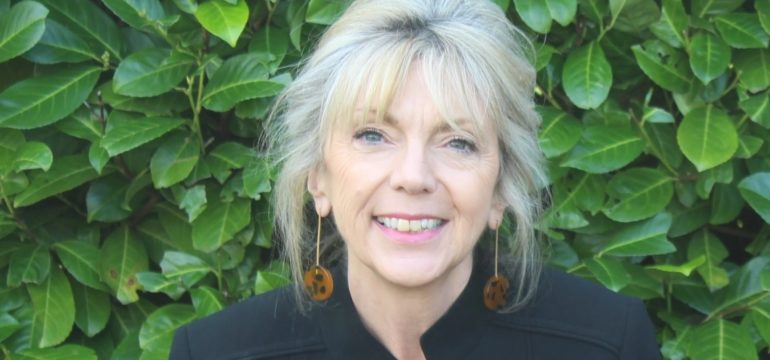
Lindsey is one of two counsellors at the hospice whose role it is to counsel both patients to help them come to terms with a diagnosis and people close to them. Lindsey and her colleague, Craig, also work with bereaved individuals.
Working at the Hospice
“I have been working at the hospice for 5 and a half years now and have been privileged to work with patients, their carers and the bereaved. Friends often say to me ‘Gosh Lindsey, don’t you find your job depressing and upsetting – I don’t know how you do it!’ My reply is absolutely to the contrary – yes, there are obviously times when I feel very sad for clients but my training and regular supervision sessions help me to manage my professional boundaries and emotions, so that I am able to be ‘emotionally present’ for my clients and can offer them a safe and confidential space to talk, reflect or simply sit in silence if that’s what they need at the time. As a counsellor, I don’t give advice, I can’t ‘fix’ anything but I can actively listen in a non-judgmental and empathic way and offer strategies to help with anxiety, grief and distressing and unhelpful thoughts and fears.”
The impact of the pandemic
“During the pandemic we all had to find different ways of working and it was the same for our Counselling service. I never would have thought that virtual or telephone counselling could be effective but actually, it worked very well and clients adapted very quickly to remote support. Now that things are back to normal, we still offer remote sessions along with face to face and clients can choose how they prefer to receive their counselling.
New bereavement sessions
“I am also very excited about a new hospice initiative where we are offering several group sessions for people whose loved ones received hospice care.
By offering such a variety of groups we are making support accessible to even more people and hopefully new social networks will develop as a result!”
Our new group sessions include, Understanding your Grief, Walk and Talk Groups, Bereavement Cafe’s and A Day to Remember.